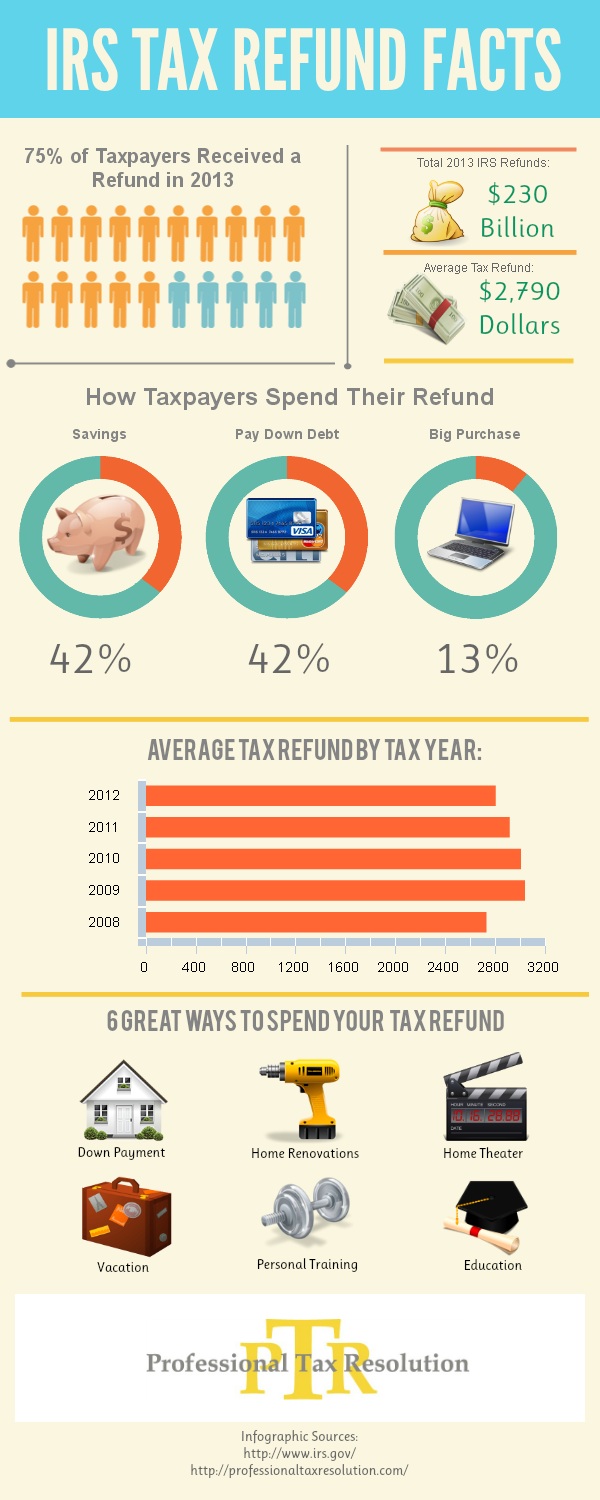A current survey after the 2012 United States tax season showed that a majority of taxpayers were in favor of a tax system where everyone pays the same percentage of their income in taxes. Think about it: After another stressful tax season, in which, decent and fair Americans rush to get all of their information together and out of the door by mid-April, it seems that these taxpayers would like to trade their system in for a more efficient and easy system. How would this work?
The United States tax law is currently 72,000 pages. It is a complicated and always evolving system. One of main factors of the confusion for the taxpayers is all of the deductions and exemptions and tax codes. For this reason alone, our country has 1.2 million tax preparers to assist the people with their taxes.
Let’s look at Schedule A itemized deductions, many experts believe that these items appear as though they are created to aid the wealthier people in society. For example, in 2010 the IRS reported that itemized deductions totaled $1.2 trillion dollars. A staggering number to imagine, in comparison to the total nationwide adjusted gross incomes of $8.1 trillion! If one breaks the itemized deductions down here is the order: Taxes (state, local, and real estate) at $445 billion, interest totaling $414 billion, and then charitable deductions at $170 billion.
When one looks at these numbers they wonder the logic behind these deductions. Would people still contribute to charities if these itemized deductions were not allowed? Is this donating “saving the world?” Where are these donations going exactly? Many analysts have researched that only 10 percent of charities are out there that actually assist people who are actually in need of help. It seems that only another 10 percent went to actually went to education and health combined. Where are the donations going?
It seems as though the wealthy donate less of money to basic needs charities and more of it to the arts and universities. It also seems as though this systems favors the richer individuals. Another investigation showed that most of the people who get the large write offs from their charitable donations are not spending their money on donations that would actually benefit most people. In fact it seems their donations only benefit a specialized few, such as certain schools, colleges, and universities. It seems Colombia University received the second biggest single donation. Two other big donations included the Metropolitan Museum of Art and the Central Park Conservancy.
As implied it seems that those citizens of Manhattan seem to largely benefit from the tax deduction. In fact, New York itself had 40 percent of the 50 million dollar plus donations of 2012. However, if you live in rural North America you may be out of luck!
The schedule A deductions is just one example of how the wealthy can benefit and tweak the tax system. Some experts have the opinion that the tax codes, deductions, and exemptions needs to be simplified not only to make tax day easier, but to make it more fair.
If you have tax questions or a tax debt you are unable to pay, our tax settlement professionals are happy to discuss your tax resolution options free of charge. With over 16 years in the business of resolving tax debt, we have a thorough understanding of tax law together with the experience to know which settlement option will be the best fit for your specific set of circumstances.
For more information about our tax debt resolution services, visit us at www.professionaltaxresolution.com. Contact us by phone at 877.889.6527 to receive a free, no obligation consultation



